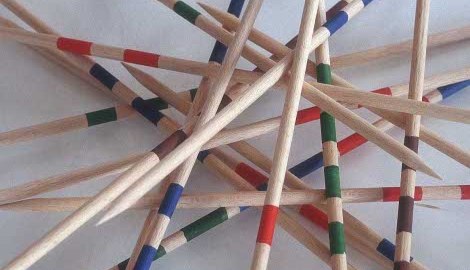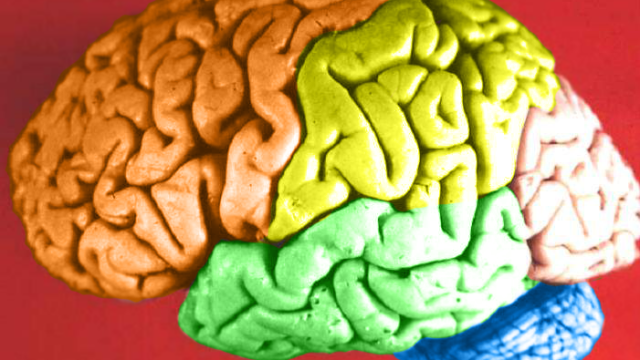The Fragility of Curiosity

What’s the Latest Development?
A new study in the journal Cognition demonstrates how children are born scientists and given to empirical investigation, i.e. playing, to interrogate the world around them. In one experiment, two groups of children were shown four beads that could activate a music box. In the first group, any of the beads would make the box play; for the other group, only two of the four beads worked. The second group, left with uncertainly, investigated the beads by making different combinations. In another study, children showed a greater tendency to investigate when the answer to a problem wasn’t given to them directly.
What’s the Big Idea?
Children’s play is actually a form of learning, a way to investigate the causal mechanisms in the world around them. “Exploratory play is a complex phenomenon,” write the authors of the new study, “presumably subserving a range of functions other than the generating informative evidence…However, to the extent that children acquire causal knowledge through exploration, the current results begin to bridge the gap between scientific inquiry and child’s play.” The task for parents and teachers is to present knowledge while preserving a sense of uncertainty.





